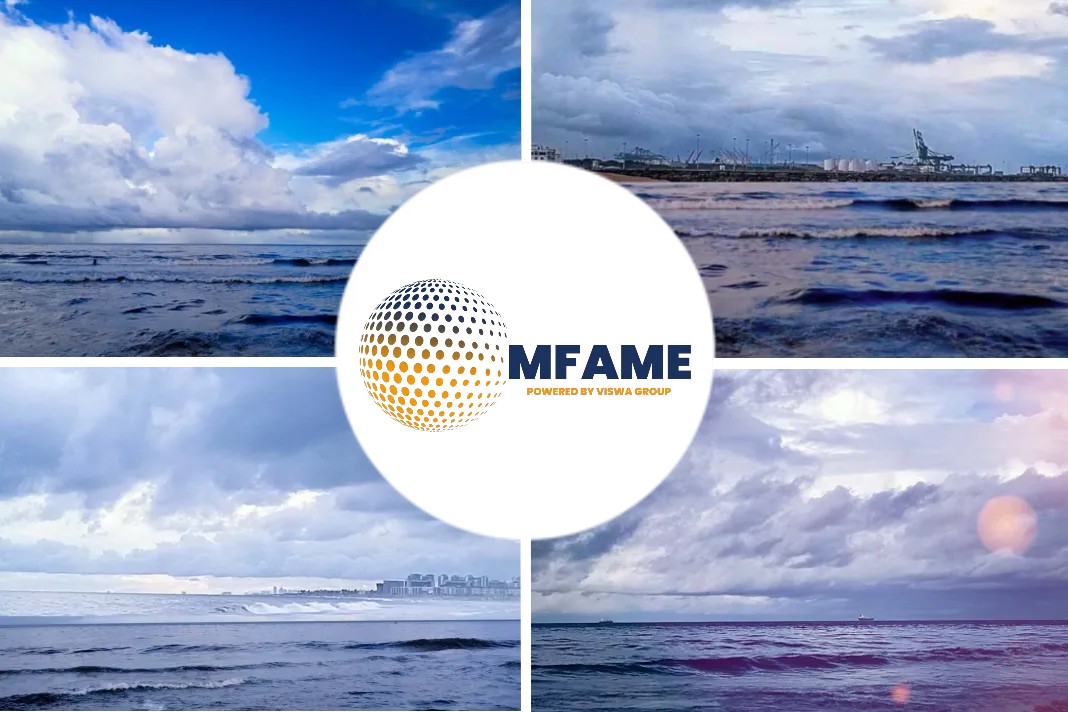- Sales of marine fuel in Singapore plunged in June in the wake of soaring oil prices that reduced the number of ships calling at the port to refuel.
- Sales fell to 3.75 million tonnes, almost 9 per cent down on May, industry sources and government data showed.
A recent news article published in the Straits Times states that Marine fuel sales in Singapore dip as high prices curb ship refuelling at the port.
Vessels calling specifically for refuelling in Singapore
Vessels calling specifically for refuelling in Singapore, the world’s largest bunkering hub, fell to 2,940 – 7.2 per cent lower than in May and down from 3,242 in June last year, said the Maritime and Port Authority of Singapore (MPA) on Wednesday (July 13).
A marine fuels procurement manager with a Chinese-owned container liner said the company’s vessels were literally “running on fumes” in June due to the high prices.
Low-sulphur marine fuels cost around US$1,100 to $1,200 a tonne in June, compared with about US$800 in May.
“It was a really tough month for my department, because every day, I was being asked to watch my costs. It was a lot of pressure, I had no choice but to cap my purchases,” said the manager.
“It’s just been a roller-coaster… As crude prices rose, the bunker price followed. We’ve had to be very conservative with our refuelling programme.”
Marine fuel prices surges
Mr Roslan Khasawneh, a senior fuel oil analyst at data analytics firm Vortexa, said besides costlier crude, marine fuel prices, particularly for low-sulphur grades, surged because the market has been struggling with supply.
He added: “Many ships resorted to bunkering in other regional ports like Zhoushan in China, where bunker prices for low-sulphur marine fuels were being offered at a discount to Singapore for most of the month.”
Mr Yaw Yan Chong, a director at Refinitiv Oil Research, said the loss of gasoil exports from Russia, a key supplier to Europe, forced buyers there to seek alternative sources, sparking a demand surge that drove refining margins for the product to record highs.
Shortfall in the production of components
This, in turn, led to a shortfall in the production of components used to make low-sulphur fuel oil, creating another shortage in the marine fuels market.
Mr Yaw said: “It’s really just a rippling effect of the sanctions now placed on Russia, which is a major exporter of many different forms of energy, not just gas. The impact is deep and looks structural to us.”
MPA data shows that sales in June of the most commonly traded low-sulphur grade dipped around 5.7 per cent to 1.9 million tonnes from May’s levels.
Did you subscribe to our daily Newsletter?
It’s Free! Click here to Subscribe
Source: Straits Times























